The Four Digits You Should Memorize Today
In today’s digital age, where passwords, PIN codes, and access numbers clutter our lives, the concept of memorizing numbers may seem outdated. Yet, there’s a compelling argument from the New York Times (NYT) suggesting that there are still four digits worth memorizing. Why, you may ask? In situations where technology fails us, these numbers could be a beacon in the dark, guiding us to safety or ensuring our well-being.
The Life-Saving Quartet
The four digits are not a universal key to secret vaults nor do they unlock a mysterious section of the internet. Instead, they are practical, directly linked to your personal safety and access to information. They are:
- Your emergency contact – Not your number, but the number of someone who can speak on your behalf when you cannot.
- Your primary healthcare provider – In case of medical inquiries or emergencies when you’re away from your usual environment.
- A reliable taxi or car service – For those moments when your phone is dead, lost, or stolen, and you need a safe way home.
- Your bank’s hotline – To quickly report lost cards or fraudulent activity before it escalates.
It’s clear these numbers are not arbitrary; they are meticulously selected to cover a range of scenarios where having immediate access to a call could mean everything.
Beyond Convenience: A Necessity
Why focus on these numbers, especially in an era dominated by smartphones and cloud backups? The answer is simple: technology, as reliable as it has become, can still fail. Phones get lost, batteries die, networks go down. In these moments, your memory becomes your greatest asset. Here’s a deeper look into why each of these four numbers matters.
Emergency Contacts
Imagine you’re in an accident and first responders go through your phone trying to find someone to contact. If your phone is locked or dead, having that one number memorized can make all the difference. Choosing who this number belongs to is also crucial. It should be someone who knows your medical history, your preferences in emergencies, and can reach other people important to you.
Healthcare Provider
Whether it’s an allergic reaction, an unknown medical symptom while traveling, or a need for immediate medical advice, knowing how to quickly reach your doctor or health care provider can provide not just answers but comfort.
Transportation Service
There might come a night when your phone dies after an outing, and you’re left without a way to summon a ride-sharing service. Knowing the number to a trustworthy taxi or car service ensures you’re never stranded or forced to take less safe means of transportation.
Bank Hotline
Fraudulent activities require swift action. If you notice your wallet is missing, recalling your bank’s hotline immediately can prevent unauthorized access to your funds. Time is of the essence, and in this case, knowledge is not just power—it’s protection.
The Art of Memorization
Now that we’ve established the “why,” the “how” comes into question. How does one go about memorizing numbers in a time when such practices seem obsolete?
- Repetition: Repeat the numbers daily until they stick. Whether it is during your morning ritual or commute, make repetition a habit.
- Association: Link each number with a visual image or a narrative. The brain tends to remember stories or peculiar images more than a sequence of digits.
- Use: Incorporate these numbers into practice. The more you dial them (when appropriate), the more natural they become to remember.
The Digital Safety Net
While these four numbers provide a basic safety net, it’s also wise to utilize technology benefits responsibly. Keep these numbers written down in a personal, secure location besides your digital devices for double safety. It’s not about mistrusting technology but acknowledging its limits and preparing accordingly.
The advice from the NYT highlights an essential life skill in the digital age: the blend of traditional wisdom with modern advancements. It’s a reminder that, in a world racing towards digitization, some analog practices, like memorizing critical phone numbers, remain invaluable.




